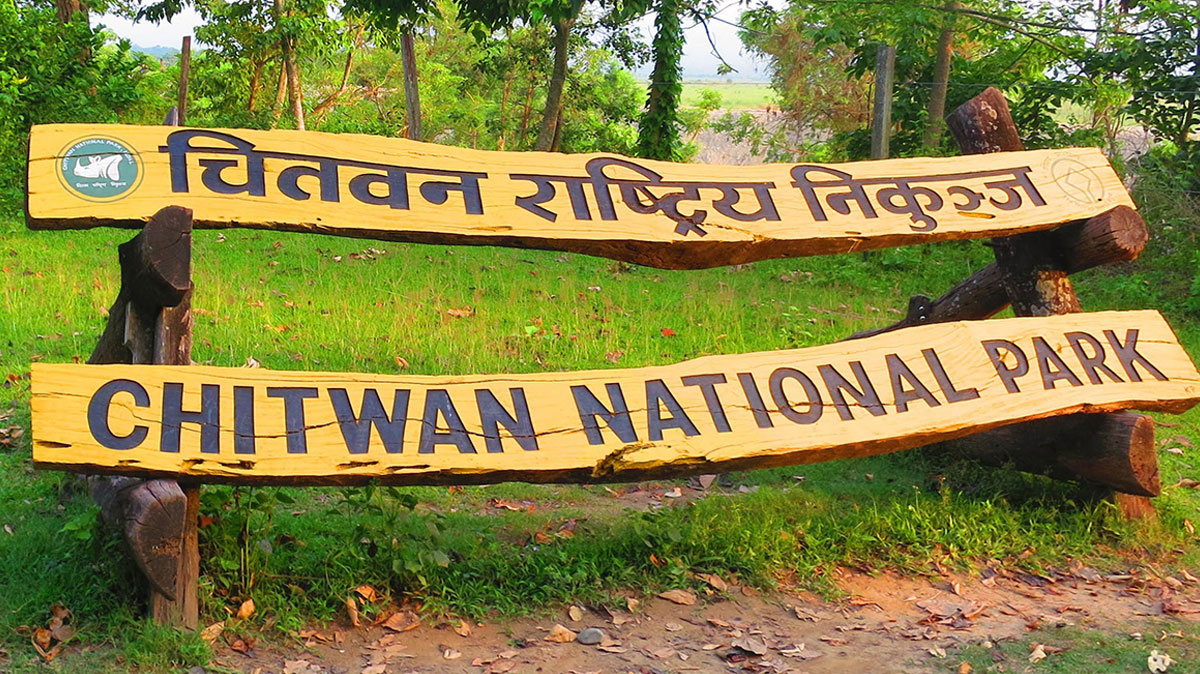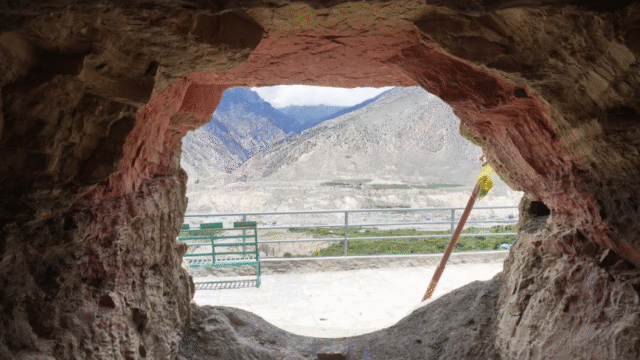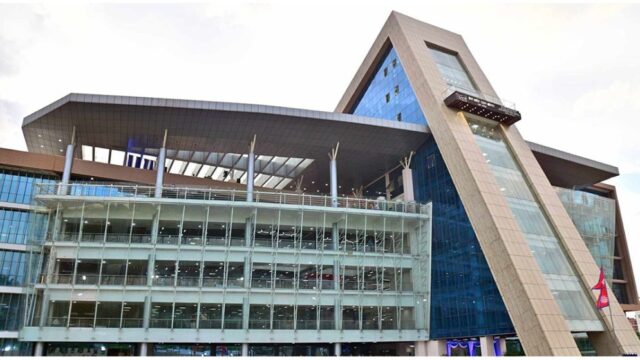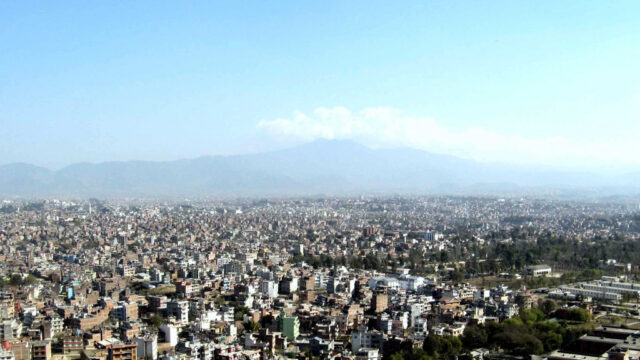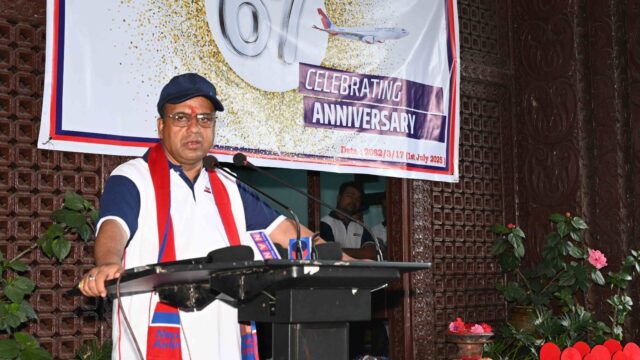Chitwan National Park, a vital sanctuary for wildlife conservation in Nepal, is facing significant challenges due to insufficient budget allocation. The lack of adequate funds is making it increasingly difficult to protect rare wildlife species and is raising the risk of escalating conflicts between the park and local communities.
According to Chief Conservation Officer Dil Bahadur Purja Pun, the park requires approximately NPR 7 million annually to provide food and care for the crocodiles and rescued tigers. Currently, over 600 crocodiles are housed in the breeding center, and five to seven tigers are rescued and cared for each year. Each tiger requires five to seven kilograms of buffalo meat every other day, while crocodiles are fed various types of fish, costing NPR 300 per kilogram for small fish and NPR 350 for larger ones.
This year, the budget allocated for crocodiles and tigers was only NPR 3 million, down from NPR 3.5 million the previous year and NPR 5 million before that. Officer Purja Pun noted that due to the decreasing budget, funds from other areas had to be reallocated to ensure the care of these animals. However, the park’s 60 elephants continue to receive their regular rations of rice, molasses, and grass.
Budget constraints have also impacted habitat management, including the maintenance of grasslands and water sources, which are crucial for wildlife. According to Information Officer Ganesh Prasad Tiwari, Chitwan National Park requires 10,000 hectares of grassland, but recent budget cuts have hampered efforts to maintain this area. Previously, NPR 30 million was allocated for grassland management, but this year, only NPR 4 million has been provided.
Tiwari also highlighted the importance of the surveillance network in controlling poaching, but no budget has been allocated for this purpose in the upcoming year. This could significantly hinder anti-poaching efforts. The park’s buffer zone management regulations stipulate that 30 to 50 percent of the collected revenue should be allocated to buffer zone areas, but this budget has been steadily decreasing. Previously, the park received over NPR 120 million annually, but this has now been halved.
The revenue collection has improved in recent years following the decline during the COVID-19 pandemic, with annual revenue of around NPR 300 million. Despite this, only NPR 68.6 million has been allocated for the upcoming year. The Buffer Zone Management Committee, which includes 22 user groups, faces difficulties in involving over 300,000 residents in conservation efforts due to the budget shortfall.
Committee Chairman Prakash Dhungana emphasized that conservation and community development projects, including conservation education, livelihood support, and skill development training, have been significantly affected. The annual allocation for user groups, which was previously over NPR 5 million, has been halved, impacting vital projects such as constructing protective walls to prevent wildlife from entering human settlements.
Dhungana also noted that the park’s staff and the Nepalese Army have been working under challenging conditions to protect the park, but budget cuts have strained their efforts and hindered effective collaboration with local communities. He stressed the importance of understanding the significance of conservation to ensure adequate budget allocation in the future.
Siswar User Committee Chairman Netra Bahadur Pandey warned that inadequate funding could lead to increased conflict and frustration among local residents. Chitwan National Park is home to rare species such as the one-horned rhinoceros, Bengal tiger, and gharial crocodile. Experts argue that the park’s international reputation as a tourist destination should not be compromised due to budgetary constraints.
With proper funding and management, Chitwan National Park can continue to be a global model for wildlife conservation and a premier tourist attraction. However, the current budget shortfalls pose a serious threat to its sustainability and the well-being of its diverse wildlife.
